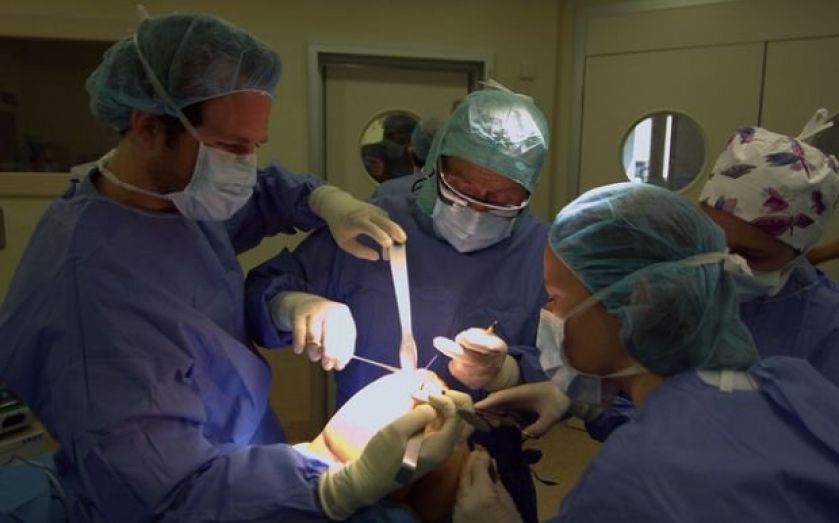Why healthcare could be Google Glass’s biggest market

Google Glass, the wearable tech device, may be an exciting new development – but with a $1,500 price tag (not to mention its less-than-fashionable appearance), its appeal to the consumer market has so far been limited.
But during a conference yesterday, the man widely credited with creating the Glass identified what could end up being its largest market: the healthcare sector, which has apparently come up with some of the most exciting ways to use the technology.
Speaking at the Health Innnovation Summit in San Francisco yesterday, Dr Babak Parviz – who also came up with the "smart contact lens" – said traditional ways of collecting information about a patient, like touch, "might not be the best way of doing it".
Parviz said healthcare apps for Google Glass "cover a pretty wide range", VentureBeat reported.
In the surgery, it can be used as a tool for medical education. The doctor can transmit a first-person point of view to the student; even if you're standing right next to the doctor in the surgery, it's hard to see what's going on. Another application has been for documenting procedures.
Startups such as ArrtGlass (the RRT stands for 'rapid response team') have already begun experimenting. ArrrtGlass's app, Farlo, allows (for example) paramedics to live-stream video, plus a patient's vital signs, to a doctor en route to the emergency.
In April, Massachusetts doctor Stephen Horng said accessing a patient's details in an emergency while he was wearing a Glass helped save a patient's life.
UK surgeons are already trialling the Glass: in May, Royal London Hospital surgeon Shafi Ahmed became the first in the UK to broadcast a live surgical procedure using Google Glass. Professor Richard Trembath, vice-principal for health at Queen Mary University of London, which was involved in the project, said the technology will "eventually become a core component" to its teaching processes.
Is your GP next? There are still issues around patient privacy – but if it saves lives, it's hard to argue with progress…